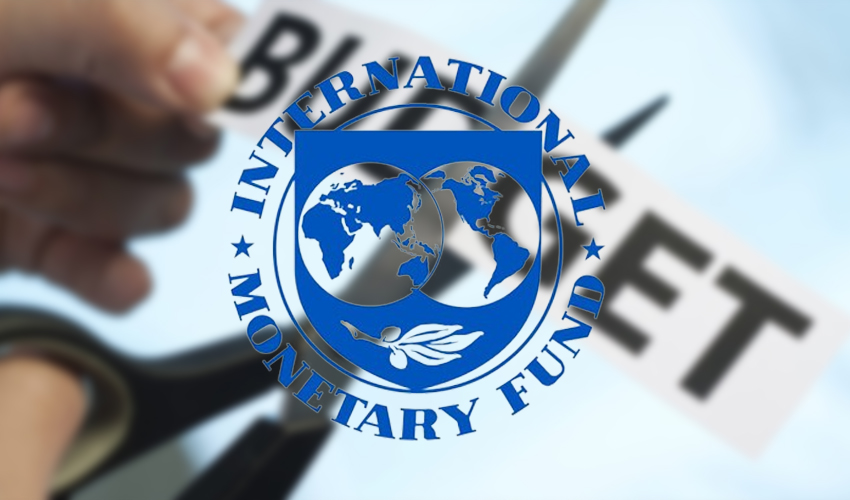Pakistan’s development budget has been drastically impacted by the requirements of the International Monetary Fund (IMF) program, leading to significant cuts in funding for crucial social sector and infrastructure projects.
The development budget, which was initially set at Rs 950 billion for this year, has seen a drastic reduction, with only Rs 389 billion being utilised.
The substantial budget cuts have had a ripple effect across various sectors, including health and higher education. These cuts have hindered the progress of numerous social sector and infrastructure projects, which are essential for the country's development.
According to official documents, the Public Sector Development Program (PSDP) requires Rs 9,800 billion to fund ongoing projects. However, only Rs 1,221 billion have been proposed for the next financial year’s federal PSDP, highlighting a significant shortfall.
Over the past decade, the average federal development budget has been around Rs 630 billion per year. However, the current financial constraints have forced the government to cut back on development spending to meet IMF targets.
The depreciation of the rupee and rising inflation have further exacerbated the budget constraints. These economic challenges have made it difficult for the government to allocate sufficient funds to development projects.
The federal government has also pointed to provincial projects as a significant burden on the budget. This has added to the strain on the already limited development funds.
The document reveals that the development budget has fallen to 0.9 percent of GDP, down from 1.7 percent. This decline underscores the severe impact of budget cuts on Pakistan's overall economic growth and development.



























